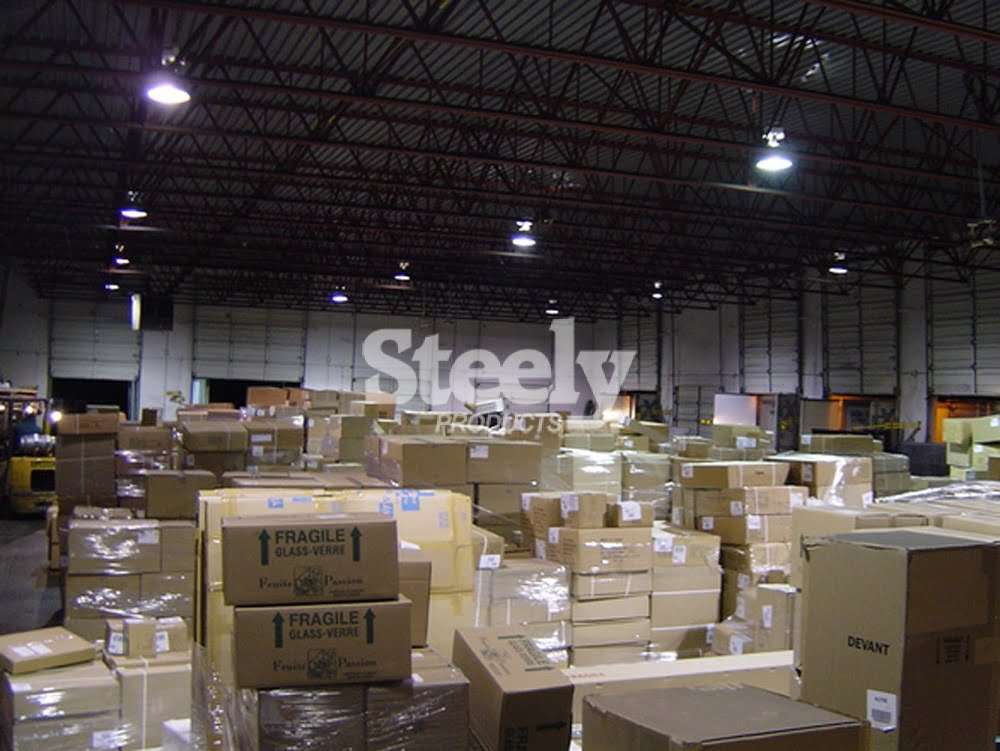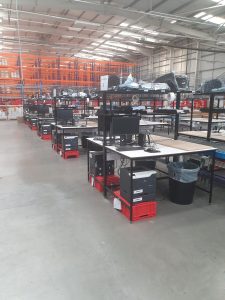Your basket is currently empty!

Retail warehouses are employing seasonal staff to cope with the surge in online orders during the Christmas season. A number of experts in risk management have expressed concern regarding whether these temporary workers receive adequate safety training.
The work environment of a warehouse can be perilous, as it involves manual lifting and moving of heavy loads by employees. For instance, workers push furniture trolleys loaded with bulky heavy items within the same area used by mechanised forklifts, which increases collision risks.
According to Vernon Iturralde, an expert in risk control, one major concern is that temporary workers may compromise safety or take risks while performing tasks if they do not receive sufficient training on how to work safely. During the Christmas sales period, there is often increased pressure to fulfil orders quickly. This can lead to prioritising speed over safety.
Don Enke, vice president of a risk services company, highlights that new temporary workers are more frequently injured compared to full-time personnel. Seasonal staff without prior experience in warehouse work face increased risks.
Workplace injuries may result in costly compensation claims – especially if it is demonstrated that safety training was inadequate. Enke suggests improving the safety training provided for seasonal employees as a solution. Amazon has said that it has done this by implementing better safety training for seasonal workers and improved safety practices.
Jon Wilson, a loss control consultant, points out that busy periods lead to more work-related injuries for all employees, not exclusively those who are newly hired.
You may also interested in:

Warehouse operators warned about energy compliance crisis
New energy regulations could render some warehouse space unusable by 2030 due to
The growing demand for warehouse conveyor belts
Research by Global Market Insights shows that the worldwide conveyor market was worth 5.7 billion US dollars in 2024 and is
